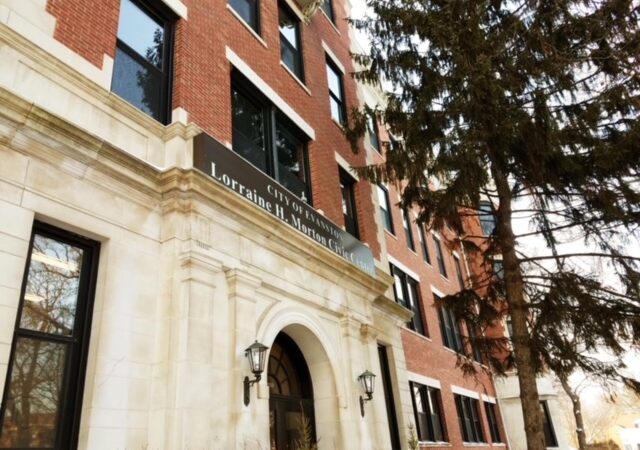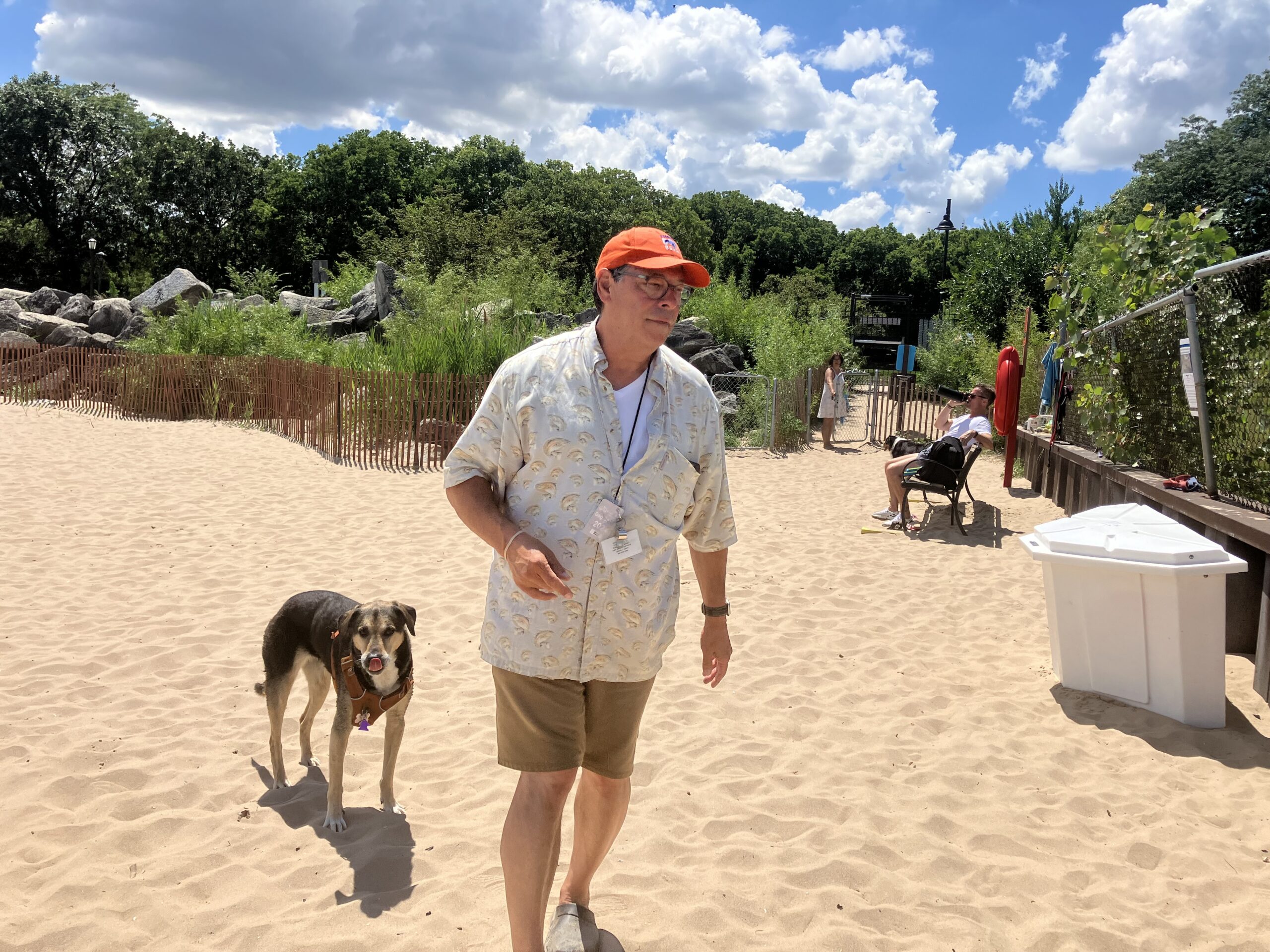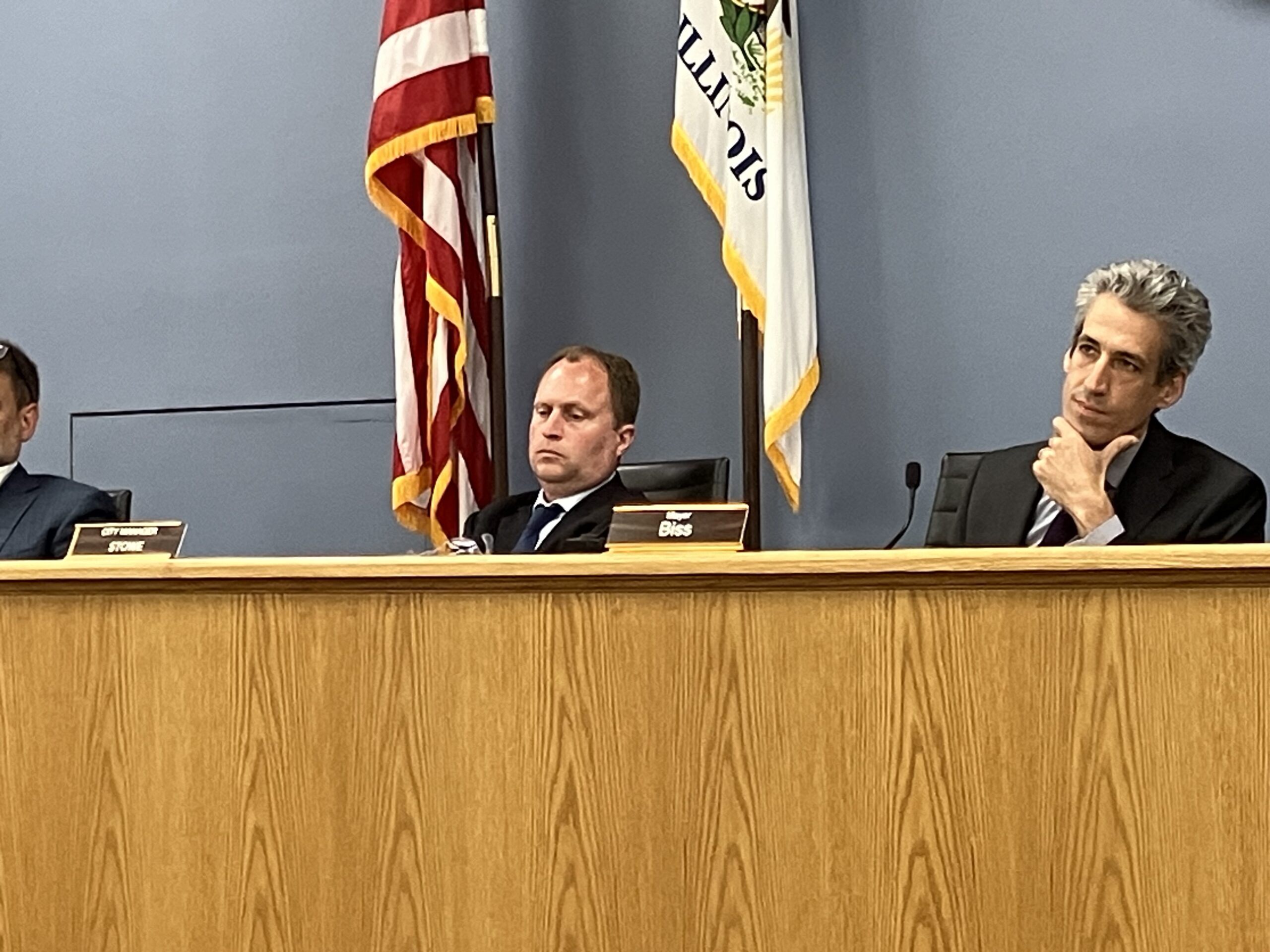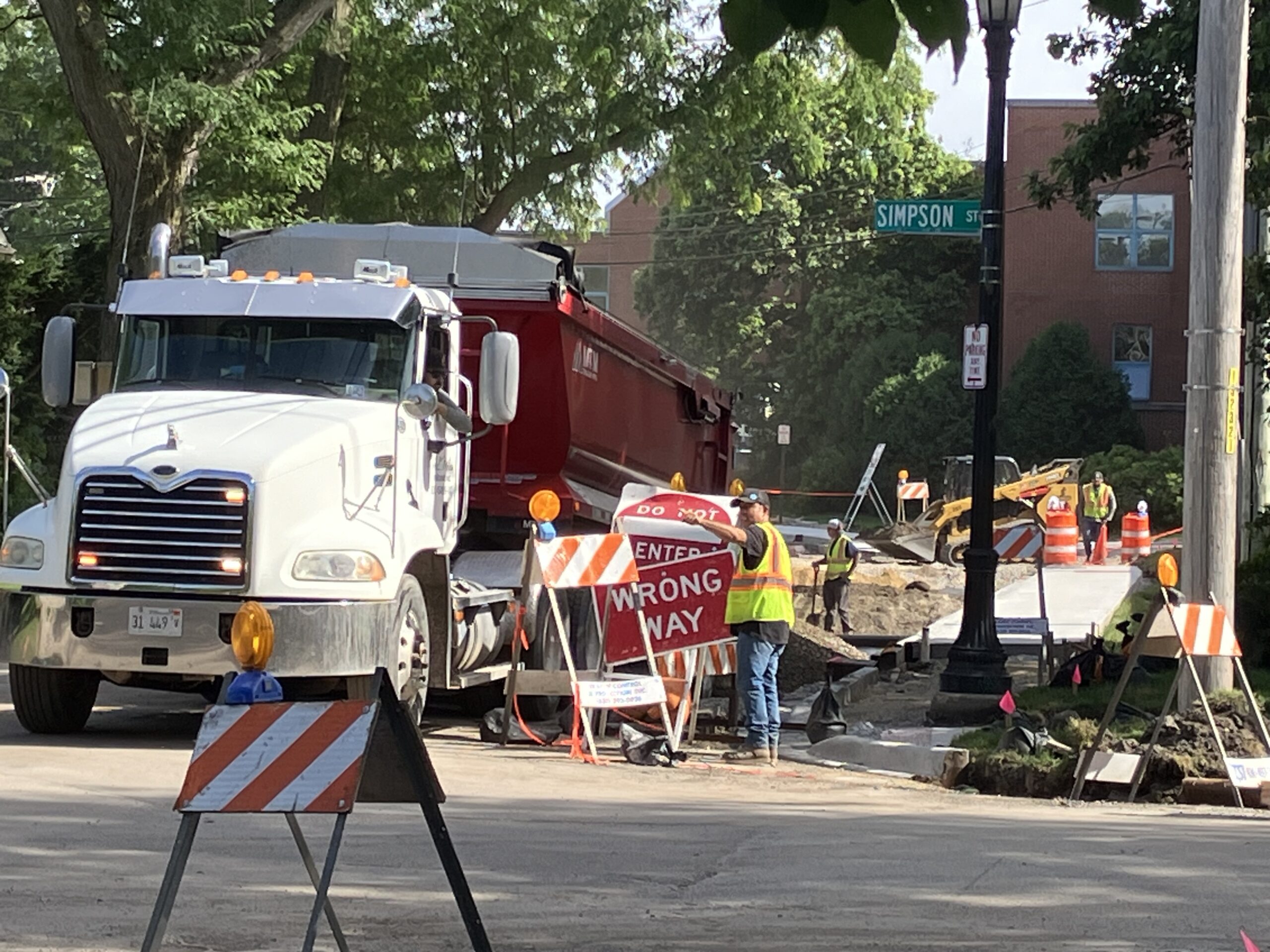By Bob Seidenberg
Whatever happened to the City’s Ethics Board?
Evanston’s newly-constituted Board of Ethics surfaced May 11 after an 18-month layoff and quickly went into hibernation again, with no future meeting marked on its city webpage.
The board, composed of residents appointed by the mayor, was established by the current Council, with the role of weighing ethics complaints brought against public officials.
That could cover a wide range of activities, including officials accepting gifts, using the power or influence of their office in a way incompatible with the proper discharge of their official duties, and other acts of malfeasance.
Most active in 2018 and 2019, the group heard several high profile cases involving aldermen. Some Council members, including current Alderperson Melissa Wynne, 3rd, called for the committee to be replaced by legally-trained administrative adjudication officers, maintaining that the Board was being used to “weaponize” citizens dissatisfaction with certain officials.
Steven Elrod, founding partner of the firm Elrod Friedman LLP — the same firm the city’s former Interim City Manager Kelley Gandurski recently joined — provided “ethics training” to officials at a session Monday.
Special Counsel given considerable power
City Council members approved Dec. 13 last year approval of Mayor Daniel Biss’s appointments to the Ethics Board and the naming of Elrod as Special Counsel.
The Special Counsel, a new position, has wide powers under the Council’s revised ethics ordinance, including determining whether there is jurisdiction to prosecute a charge for violation of the city’s Code of Ethics.
At the May 11 meeting, which chair David Graham described as an “organizational” meeting, Graham told the few citizens in attendance that the group’s role is dictated somewhat “due to Special Counsel’s determination whether or not to proceed.
At the meeting, Graham said the group has seen Special Counsel determinations on complaints but went into no further detail.
In response to a Freedom of Information request for public correspondence about the cases May 12, the city said the records requested “did not exist,” including any correspondence with the Board of Ethics.
(At the July 18 meeting, one of Elrod’s associates is quoted as saying that since the firm was appointed in December 2021, they have received “five or six formal complaints,” and “we have not found that there was cause to move forward with an administrative hearing on them.”
At the May Ethics Board meeting, activist Trisha Connelly stressed to Ethics Board members that “it’s really essential that the public is made aware of exactly what the process is (on complaints). We should know what cases are coming,” she said. “If people are hired to oversee that and make decisions on the behalf of the complainants or the city we should have a sense of what’s going on in regard to a transparent and fair process. Maybe we don’t see names or details, but we should have an account.”
The citizens also requested more extensive information about what took place at the meetings, including audio.
Alexandra Ruggie, the city attorney advising the Committee, said that the minutes of the meeting will be posted on the committee’s web site. If citizens wanted an audio recording, though, they should file a Freedom of Information request with the city, she said.




